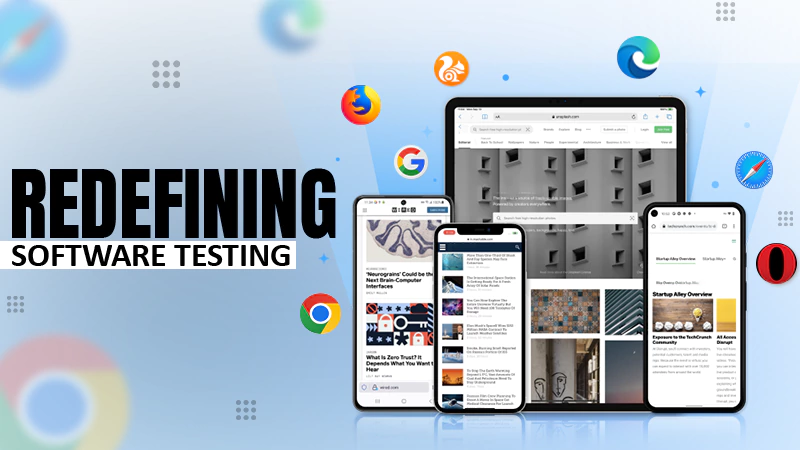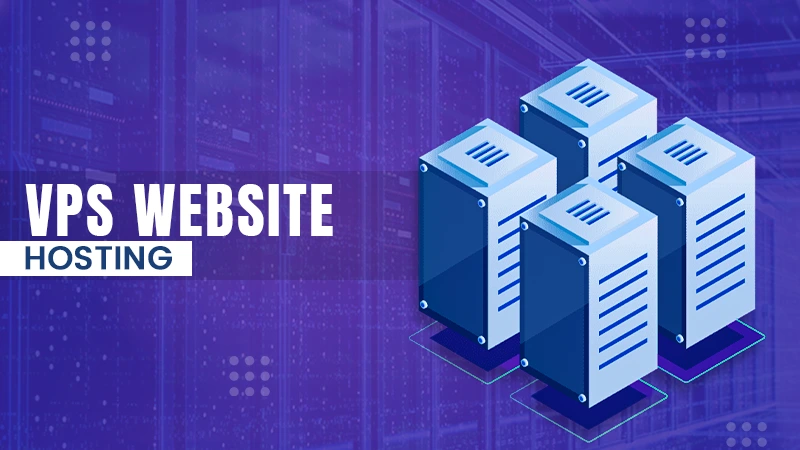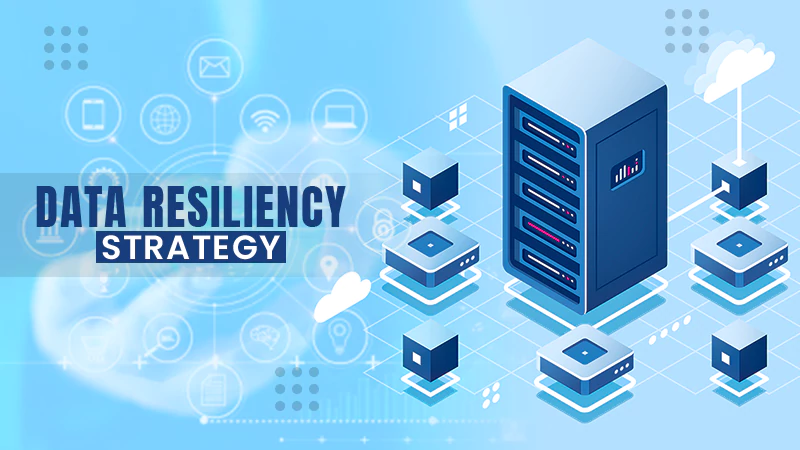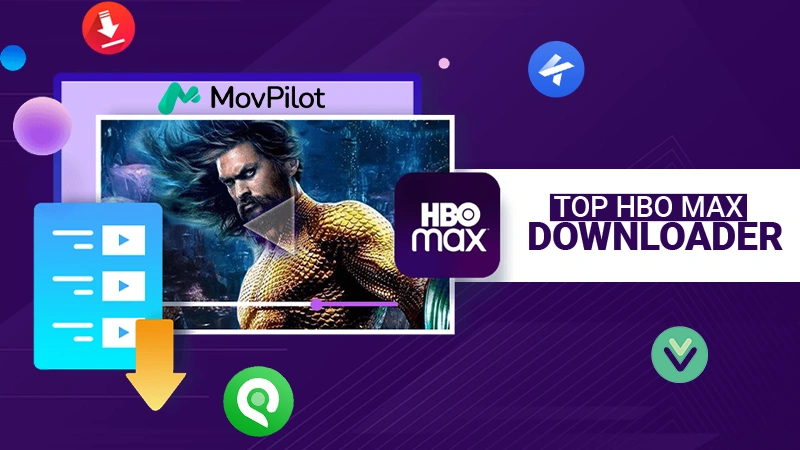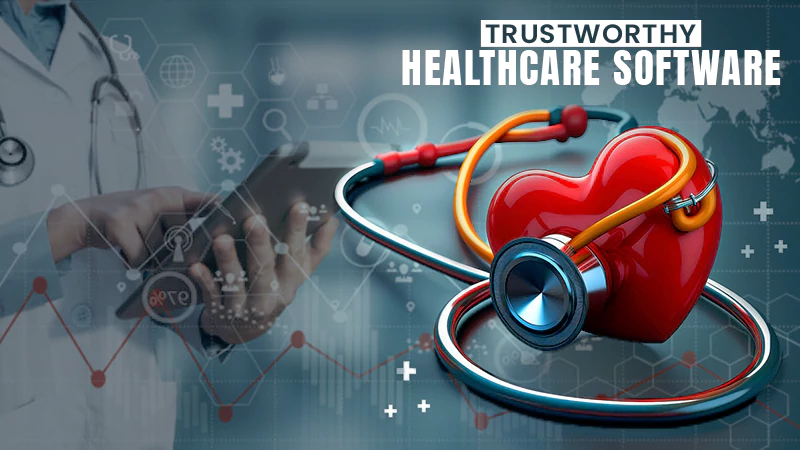With the modernizing world, the medical sector is also developing for good. Advanced technologies are being utilized to enhance the efficiency of aid services. And one of the biggest contributions to this evolution is healthcare software solutions.
These software programs are a set of digital tools that streamline and improve medical delivery and management. They enhance patient care, optimize workflows, and ensure the efficient operation of the organizations.
Thus, in this article, we will analyze the top seven medical programs, shed light on their pros and cons, and reasons why one should consider them to have a clear viewpoint. So, let’s get into it!
Key Features Of Healthcare Software
Key features of healthcare software include the following
Electronic Health Records (EHR)
The system is intended to hold an extensive history of a person’s well-being, including diagnoses, prescriptions, plans of care, dates of immunizations, allergies, radiological pictures, and laboratory test results.
Practice Management
This document provides tools for managing administrative and financial functions within an organization, such as appointment scheduling, billing, and revenue cycle management.
Telemedicine Capabilities
The integration of telehealth services enables virtual consultations, remote patient monitoring, and secure communication between cases and service providers.
Decision Support Systems
It offers clinicians clinical decision support through alerts, reminders, diagnostic tools, and relevant information at the point of care.
Patient Portals
Online platforms provide people with secure access to their information, communication with service providers, appointment scheduling, prescription refill requests, and lab results.
Medical Billing Software
Simplified methods for handling billing operations, such as submitting claims, processing payments, and generating income.
Interoperability
The capacity for smooth data interchange between various information systems to enable coordinated care delivery.
Data Analytics
Large-scale data collection and analysis tools provide insights for research, quality improvement programs, and population wellness management.
These features enhance healthcare delivery efficiency, patient outcomes, and operational effectiveness within the organizations.
Top Healthcare Software In the Market
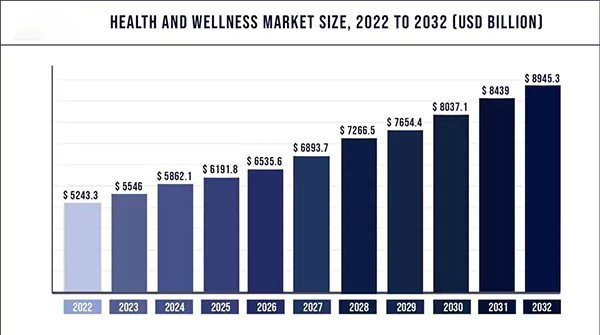
(This graph shows the market size of health and wellness, 2022 to 2032, in US $ Billion).
- eClinicalWorks
- NextGen
- Cerner
- Epic
- FreeMED
- Nosh
- CounSol
eClinicalWorks

eClinicalWorks, a privately-owned company, has served over 130,000 doctors, nurse practitioners, and over 850,00 medical professionals with EHR services. Its unique feature is its integrated Population Health solution, enabling the practitioners to track disease patterns.
Why Consider eClinicalWorks
- eClinicalWorks EMR is software that helps aid facilities in assessing risks more accurately, improving medical results.
- It gives self-service Practice Management and RCM Service models, allowing clinics to choose between complete billing control or a complete invoicing solution.
- It is compatible with PCs and Macs, enabling these facilities to find the data anytime.
- It also provides access to the PRISMA health information search engine, allowing doctors to acquire medical records from various sources for more accurate diagnoses.
Pros & Cons
The app provides flexible financial support, easy access to patient data, broad compatibility, and disease pattern tracking, but its extensive features may make it challenging for new users.
NextGen

NextGen, an EHR service owned by Quality Systems, Inc., has assisted 155,000 physicians since 1976. With over 2900 employees, it enhances ambulatory care and caters to financial needs. It is suitable for small to medium practices and offers clinical content for a few specialties.
Why Consider NextGen
- NextGen is a cloud-based EHR system for smaller healthcare facilities with limited resources and staff.
- It renders tools like cloud-based charging and mobile integration, streamlining clinical processes and improving efficiency. The modern interface makes it adaptable and easy to operate.
- It provides appointment reminders, increasing patient engagement and improving access to medical attention.
- Customers can ensure that their medical needs are satisfied by using it to book appointments online and get automated reminders.
- Users can also make payments online, providing convenience and reducing the burden of medical billing.
Pros & Cons
NextGen offers financial assistance, boosts patient volume, enhances ambulatory care, and enhances communication, but is unsuitable for more extensive facilities.
Cerner
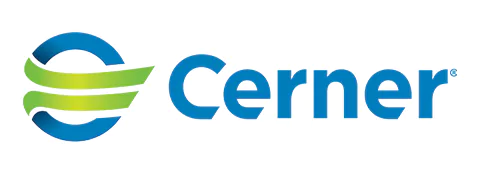
Cerner, a Kansas-based electronic medical records provider, is a leading provider of IT solutions and inpatient care systems. It supports over 55 facilities. Cerner facilitates seamless data sharing between systems, including trigger events during one’s admission or discharge.
Why Consider Cerner
- Cerner is a mechanism designed to support service providers in clinical, operational, and financial areas.
- It integrates devices for accurate data sharing, increasing efficiency and saving time. Cerner also features voice recognition for faster data documentation.
- It provides seamless HL7 integration, allowing medical professionals to access their records quickly.
- It connects people with IT architects and clinical care team members, increasing engagement and bridging the gap between them.
Pros & Cons
Cerner is a comprehensive healthcare software designed for organizations of all sizes, offering numerous features that support various needs and enhance patient engagement.
Epic
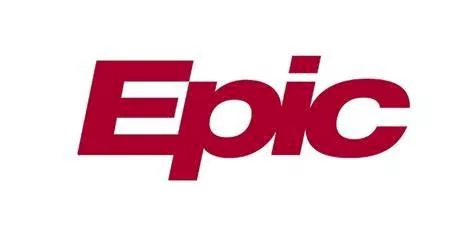
Epic, founded in 1979, is a pioneer in electronic health records (EHR) designed for extensive medical groups and hospitals, providing specialists with frequent access to a person’s records.
Why Consider Epic
- Epic’s mechanism is commonly used in community hospitals, academic medical centers, and organizations.
- It features ‘MyChart’, allowing people to access their wellness data, schedule appointments, and access education materials.
- Epic is easy to implement, flexible, and can be dealt with through mobile applications and computer systems.
- It provides embedded decision support tools and hospital CMMS software, improving healthcare standards. However, smaller facilities may find it complicated to set up.
Pros & Cons
Epic offers inpatient settings, is easy to use, and maintains constant communication between doctors and patients, but is unsuitable for smaller facilities.
Meditech EHR

Meditech EHR systems cater to facilities and patients, giving a consumer health portal, mHealth app, appointment scheduling, contact with medical professionals, and vaccine administration.
Why Consider Meditech EHRs
- The cloud-based EHR solution aims to involve people in healthcare management by providing access to their information, including allergies, vital signs, and lab results.
- Mobile applications allow medical professionals to stay informed, promote remote control, and increase engagement.
- It also provides virtual care and business analytics, supported by EDITECH’s Data Intelligence team, enhancing clinics’ performance.
Pros & Cons
Meditech EHR offers convenient appointment scheduling, remote medical access, and virtual care features, but its user interface can be complex.
FreeMED
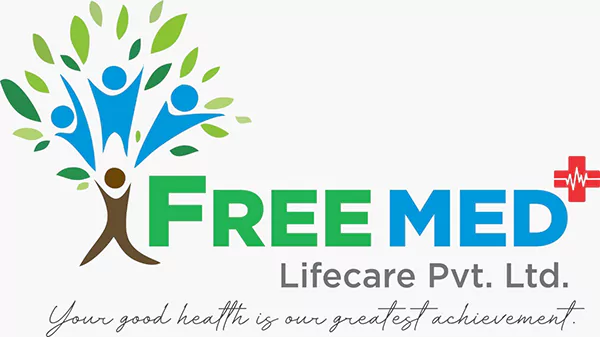
Established in 1999, FreeMED is a widely used open-source EMR system with over 81,000 downloads and implementation across various sectors, including private practices and large hospitals.
Why Consider FreeMED
- FreeMED is a free hospital management system that provides electronic medical records and practices for healthcare providers.
- Its modular design allows easy modification.
- It includes features like expense management, appointment governance, patient registration, lab information, and billing.
- Expert support is also available via email and phone.
Pros & Cons
The FreeMED system is highly adaptable, allowing customization of features and appearance. The cost of a third-party vendor for code modification is negligible compared to the benefits.
It renders various templates for customization and EMR capabilities for managing practice activities. However, the basic UI feels outdated, and updates are rare. An official training program would be appreciated.
Nosh

Nosh is a cost-effective clinical system that offers a comprehensive approach to essential instruments while maintaining high service standards.
Why Consider Nosh
- The tool provides control encryption, an open-source charting tool.
- It has editable templates, and electronic forms for better communication, enabling physicians to run their practices and interact with patients.
Pros & Cons
The cloud-based solution enhances aid accessibility and communication, but its mobile app is restricted to iOS devices and may not function on other platforms.
Do You Know?
The color of your nails can help reveal the quality of your bloodstream’s oxygen level and blood circulation.
CounSol
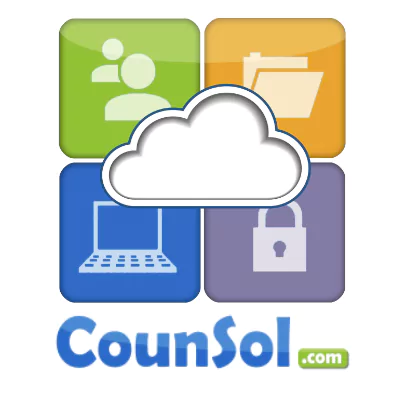
CounSol EHR is a cloud-based practice management solution that enhances daily operations for mental well-being professionals, including clinical workflows, scheduling, calculating, and client communication.
Why Consider CounSol
- CounSol EHR is an online practice management tool for mental wellness professionals, supplying telemedicine services, billing and invoicing capabilities, and secure messaging.
- It provides personalized portals for telehealth services, a custom client site for secure messaging, online appointments, and clinical resource sharing.
- The messaging interface allows clinicians to communicate confidentially, while invoicing tools assist in managing client charging information.
- The application also gives live, online video therapy that complies with HIPAA regulations.
Pros & Cons
The solution allows users to assess provider availability and schedule appointments with automatic reminders to reduce the number of no-shows.
Now, It Is Up To You.
Healthcare software automates routine tasks, centralizes services, and optimizes a person’s experience. It benefits physicians, administrative staff, and patients by improving executive service results, making care facilities more straightforward, and optimizing people’s experience. Please choose from our top seven options to maximize clinical facilities.
Also Read: Anatomy and Healthcare Study Tips for High School Students


